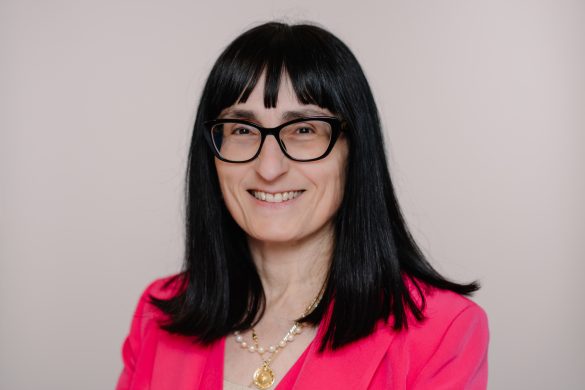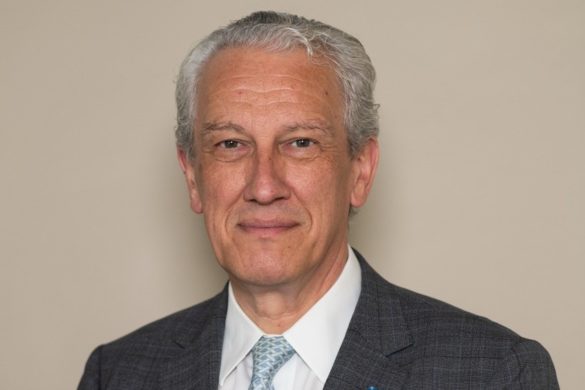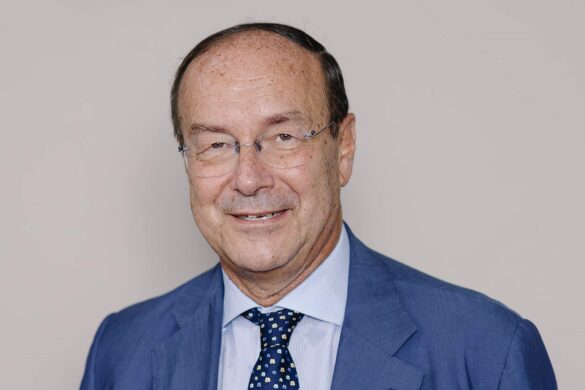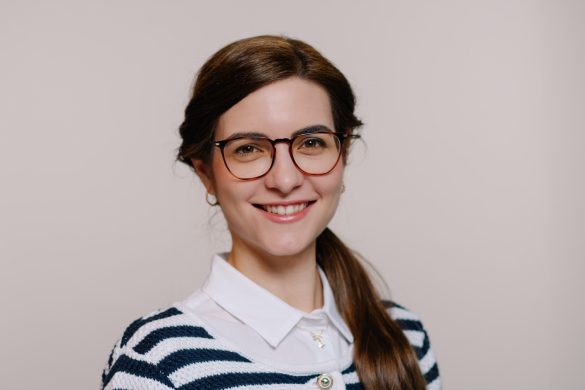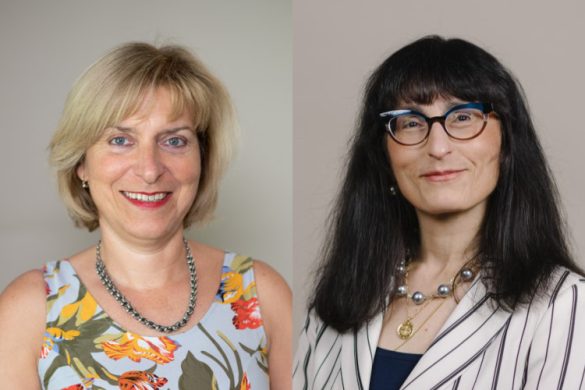 Sherlock Holmes lived round the corner from my home at the fictitious address of 221b Baker Street. His larger than life statue nurses his traditional pipe as he greets travellers emerging from Baker Street underground station. For him evidence might be as little as a trace of mud on the soles of a suspect’s shoes. For
Sherlock Holmes lived round the corner from my home at the fictitious address of 221b Baker Street. His larger than life statue nurses his traditional pipe as he greets travellers emerging from Baker Street underground station. For him evidence might be as little as a trace of mud on the soles of a suspect’s shoes. For  neurologists observation may be adequate evidence for a clinical diagnosis and observational evidence may even suffice for some treatments. For instance, not even the most obsessional evidenced based medicine pundit would ask for a randomised controlled trial to prove that parachutes reduce head injuries from jumping out of aeroplanes. In considering treatments for which observational studies give convincing evidence, Glasziou et al. suggest that a relative rate of improvement greater than 10 times that expected is the threshold beyond which randomised controlled trials are unnecessary [Glasziou et al. 2007]. Sadly most results of neurological treatments fall below this threshold and the basis of much of our therapeutic practice relies on the results of randomised controlled trials.
neurologists observation may be adequate evidence for a clinical diagnosis and observational evidence may even suffice for some treatments. For instance, not even the most obsessional evidenced based medicine pundit would ask for a randomised controlled trial to prove that parachutes reduce head injuries from jumping out of aeroplanes. In considering treatments for which observational studies give convincing evidence, Glasziou et al. suggest that a relative rate of improvement greater than 10 times that expected is the threshold beyond which randomised controlled trials are unnecessary [Glasziou et al. 2007]. Sadly most results of neurological treatments fall below this threshold and the basis of much of our therapeutic practice relies on the results of randomised controlled trials.
Randomised controlled trials need to be high quality, which we accept, and accessible, but often aren’t. In his recent must read best seller “Bad Pharma” the author, doctor and journalist Ben Goldacre, chastises the pharmaceutical industry for concealing trials in part or in whole from the profession. There is a European clinical trial register EudraCT on which investigators must register their trials but it is secret and does not allow you and me to search it, which is totally useless for our purposes. Belatedly the EU has launched a new website which provides limited information about randomised trials in the EU www.clinicaltrialsregister.eu/. The USA register clinicaltrials.gov is much better, provides more information and stipulates that results of trial must be published on any marketed drug within 12 months of completion. However this edict only applies to drugs marketed since 2008 and is widely disobeyed. The EFNS, and in future the EAN, could help. The Programme Committee should insist that randomised controlled trial abstracts submitted for presentation at our congresses include their clinicaltrials.gov registration number. Our journal should insist that trials submitted for publication have been registered and had their protocols published in advance of their starting. Such efforts can only address the future. Goldacre tells us that there are large numbers of trials on currently used medicines which have not been published. It is unlikely that those who have conducted trials of treatments for neurological disease are any less guilty of failing to publish results than those in other specialties. If you know of such unpublished trials you should pressurise the authors to make the data available. If they decline and the trial was carried out in Europe, please email me at the Head Office.
The continually updated and readily available Cochrane Database of Systematic Reviews is an invaluable resource for coping with the flood of such evidence as is made available. The reviews now use the Grading of Recommendations Assessment, Development and Evaluation (GRADE) system to assess the strength of the evidence for clinical practice. This system grades the quality of evidence as: “High = further research is very unlikely to change our confidence in the estimate of effect; moderate = further research is likely to have an important impact on our confidence in the estimate of effect and may change the estimate; low = further research is very likely to have an important impact on our confidence in the estimate of effect and is likely to change the estimate; very low = any estimate of effect is very uncertain.” Depending on the strength of the evidence, our guideline writers are now joining other leading guideline groups in using this GRADE system to assess the strength of recommendations as “weak” or “strong”. They are holding a second workshop this month to learn and discuss the methods involved. It is hard work and we will owe them our thanks.
With the compliments of the season to all readers of NEUROPENEWS as the Christmas and New Year Festivities approach.
Richard Hughes
Glasziou P, Chalmers I, Rawlins M, McCulloch P. When are randomised trials unnecessary? Picking signal from noise. Brit Med J 2007; 334: 349-351.






